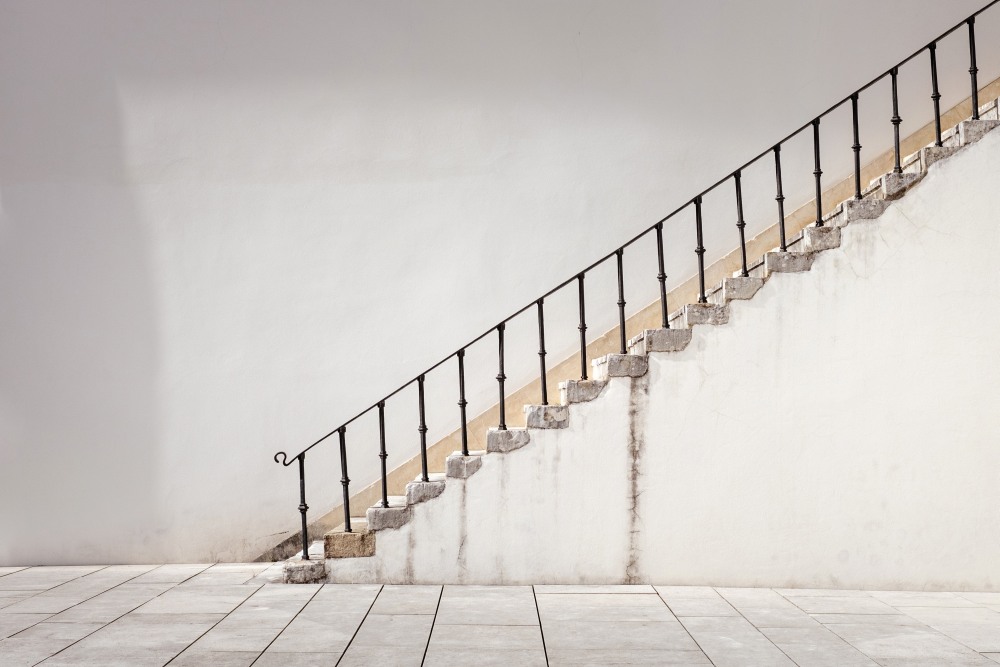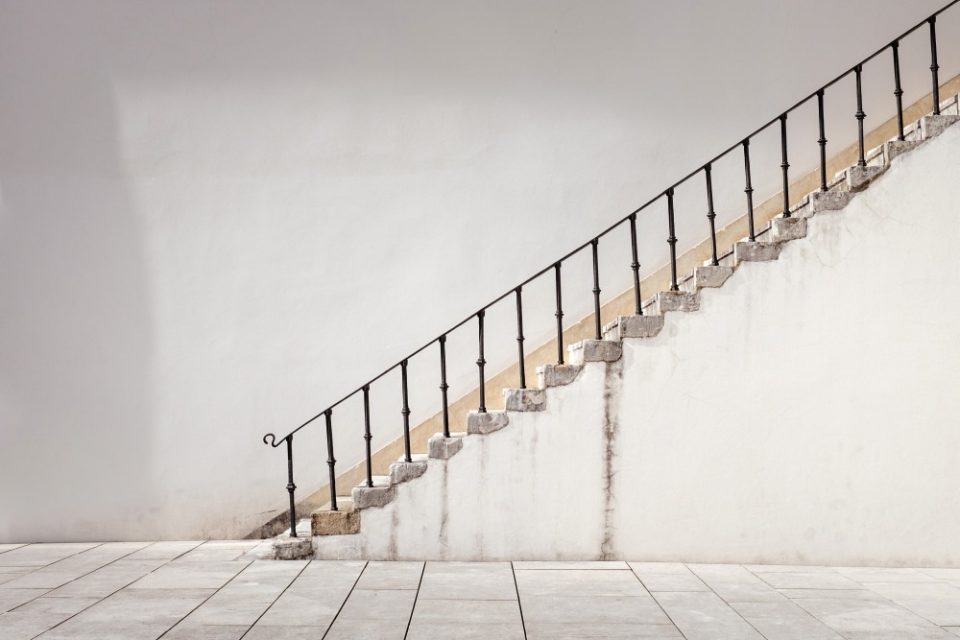
Do you have a regular evening routine that you follow before you go to bed?
If so, what does that look like? When does it start – as soon as you get in or 30 minutes before bed?
The quality of your sleep will be dictated by what you do in the hours before you climb into bed. The choices you make – watching TV, looking at your phone, talking, reading, drinking alcohol, meditating and so on – will strongly influence the quality and duration of your sleep.
Alcohol helps you sleep?
The influence of alcohol on your sleep is well known. Researcher Irshaad Ebrahim, Medical Director of the London Sleep Centre, says:
“Alcohol may seem to be helping you to sleep, as it helps induce sleep, but overall it is more disruptive to sleep, particularly in the second half of the night,” says researcher Irshaad Ebrahim. Alcohol also suppresses breathing and can precipitate sleep apnea,” or pauses in breathing that happen throughout the night.”
It’s a fallacy that alcohol can help sleep. It’s possible to believe it does, because it relaxes the central nervous system, and so psychologically creates the impression of being more relaxed, but in fact it disrupts sleep, particularly in the latter half of the night.
The problem with blue light
The biggest culprit when it comes to sleep disruption though is blue light. Blue light is found in household light bulbs, televisions, LEDs, smartphones, tablets, MACs or PCs. It’s also part of natural light. The problem with blue light is it suppresses melatonin, a hormone that signals to the body that it’s time to get ready for sleep. When we look at screens at night, our melatonin is suppressed, and that’s why it can be hard to get to sleep in the evening. Having a screen-time curfew is probably the single biggest thing you can do to improve your sleep. If you do need to be on your laptop, or can’t be parted from your phone, then buy some blue light blocking glasses or install an app called F.lux both of which will shield your eyes from blue light.
Your main task in the evening should be to prepare yourself for bed. This doesn’t mean pyjamas and a story at 7.30pm, but simply doing small things that start to move you towards feeling sleepy. We call this the Sleep Staircase. Imagine the top step is you coming home from work, and the bottom step is your bedroom. Each little action you take from the moment you get in is a step you take towards bed. Over the course of a few hours, you’re bringing your autonomic nervous system down from sympathetic (fight/flight stress response) to parasympathetic (rest/digest/sleep).
My Sleep Staircase
- Get back home from work
- Change into relaxed clothes
- Make a list of actions for tomorrow
- Mentally ‘shut up shop’ – switch off from work thoughts (I might do 10 minutes meditation to help with this)
- Turn off phone / iPad alerts
- Eat a meal – ideally before 7.30pm
- Relax – TV (blue light blockers on) or something else
- Head to bed – ensure room is set up for sleep (blackout, no noise, no LEDs etc, no phones, room temp cool)
- Read fiction or something light for 20 minutes
- Sleep
What does your Sleep Staircase look like?
The importance of morning
How you prepare for the morning can dictate not only how your day goes, but how well you sleep that night too. Having a morning routine that helps you get off to a good start is vital, especially if you’re not a morning person. Just giving yourself space to prepare for the day gently is important, and getting your body ready for the day by moving is the best start you can have, whether that’s simple stretching or a short walk before work.
So what now?
If you’re reading this, you’re are probably in a reasonably senior position, running your own business or have a busy life running the home and juggling other responsibilities. Either way, you’re busy. The convergent pressures of work and family life have probably meant that the time you did have to spend on health and fitness has disappeared. Why not talk to us and see how we can help.
If you’d like help understanding what your Health IQ is click here to take our test.
Leanne Spencer is an entrepreneur, coach, TEDx Speaker, author of Remove the Guesswork, and founder of Bodyshot Performance Limited. Bodyshot is a health and fitness consultancy that helps busy professionals get more energy by removing the guesswork around their health, fitness and nutrition. Visit www.bodyshotperformance.com or email info@bodyshotperformance.com to register your interest in our services and connect with us on Facebook, Instagram and Twitter.


